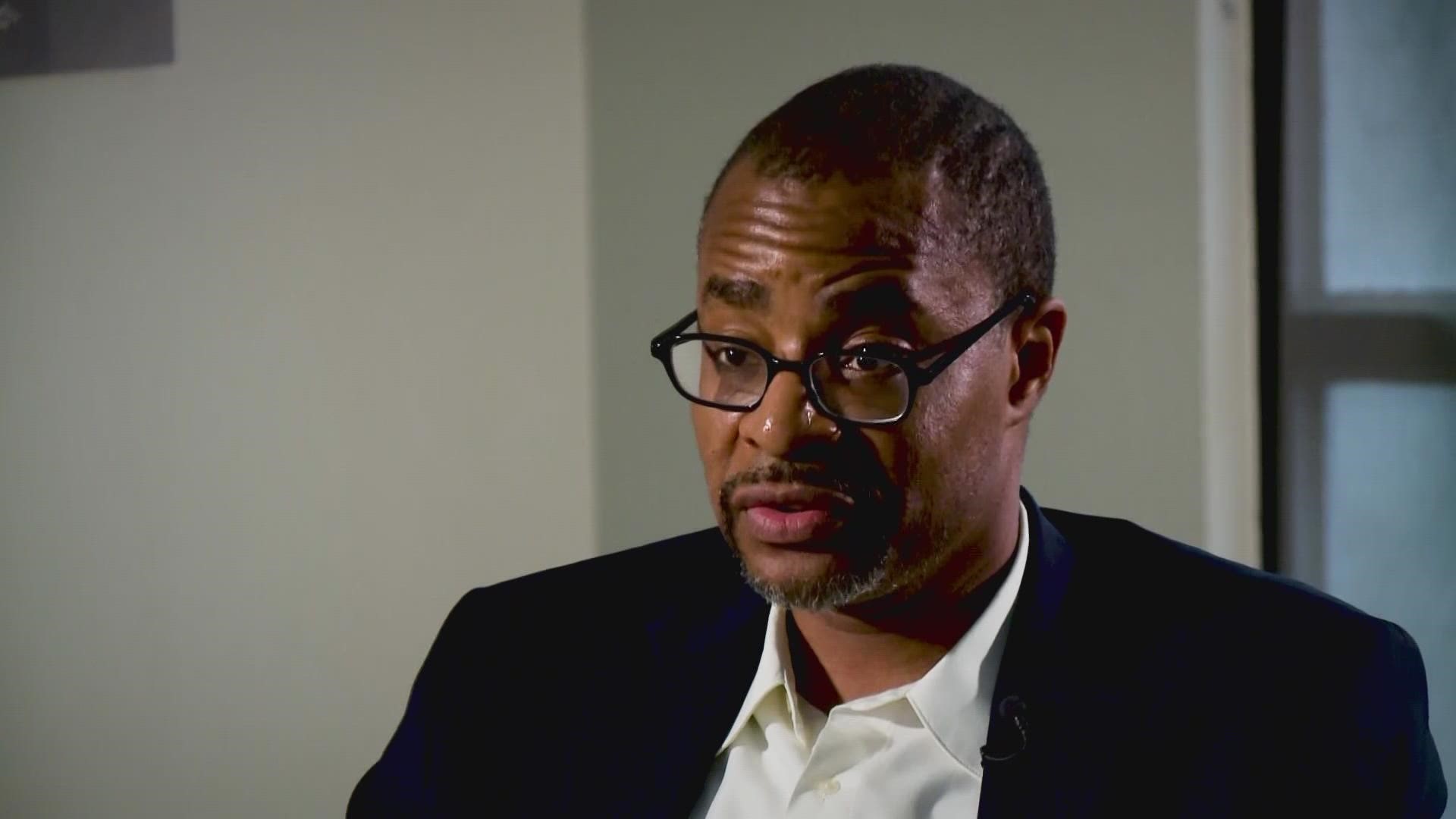SAN ANTONIO — The history of Juneteenth is easier to find today than it has been before in the Alamo City, thanks to the efforts of the San Antonio African-American Community Archive and Museum (SAAACAM).
The organization has made some finds, but it continues to look for more.
"The story of Juneteenth that we've been able to uncover is an idea of recognition," Ken Stewart said. "Of a freedom that didn't exist before and an opportunity to come together to celebrate possibility."
Stewart is an archivist for SAAACAM, but the job is far from a solo act. Efforts before him have given the organization legitimacy to collect, preserve and share the history of African Americans in San Antonio.
In San Antonio, Stewart said they have evidence of parades, pie-eating contests, Blacks dressing up in their finery and gathering in a park for speakers, fellowship and food.
"It was a happy time in a lot of ways from what we've been able to discover so far," he said.
The good times were born from years of bondage. While freedom came galloping into Texas on horses and official documents, the next steps did not.
Juneteenth is when enslaved people in Galveston learned of their freedom on June 19, 1865. It was two years following the Emancipation Proclamation, and Texas was honoring Juneteenth before it became a federal holiday.
"We find that when people heard that, they walked away from whatever it was they were being required to do," Stewart said. "There probably was a little bit of joy, a little bit of confusion, a little bit of relief."
Stewart said that in piecing together the history of San Antonio's Juneteenth, SAAACAM's researchers had to become detectives.
"We've been able to find snapshots of time—1866, the 1870s, the 1880s, up to the early-1900s," he said. "And then it sort of drops off for a period of time, I believe, because of World War I, World War II."
He said they hold history harvests in the community to collect items and information. It's where people can bring a part of the past to preserve in the present.
"If they have photographs, " he said. "If their church has done some sort of Juneteenth celebration and they still have the menu of what was served, who spoke—all of those kinds of things. That's that stuff that we love."
Stewart said nothing is too small or insignificant as they build a collection of Juneteenth in San Antonio: Journals, newspaper clippings, audio recordings, posters, VHS tapes and even stories.
"In order for our history to be shared across generations, there needs to be some sort of documentation," he said. "If there is no documentation, then you would rely on oral stories."
SAAACAM is located 218 South Presa St. To make arrangements for researchers to pick up historical content, call 210-724-3350.

